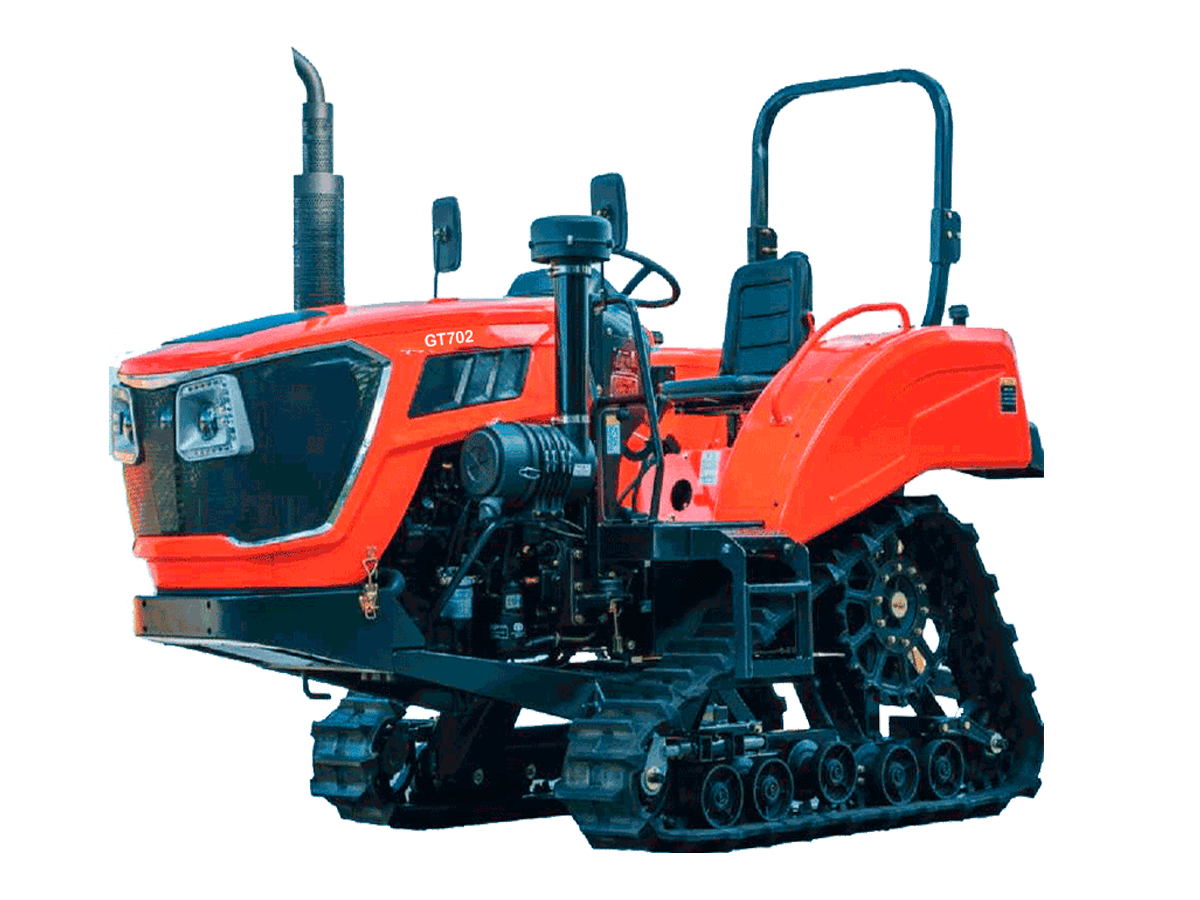Tractors have revolutionized traditional farming practices. Unlike traditional methods that rely on human or animal power, tractors can increase efficiency and productivity. With their power, speed and ability to multitask, tractors drastically reduce the time and effort required to farm, increasing yields and improving farmers’ livelihoods.
Here are some benefits of tractor farming
1.Increased productivity: Tractors are powerful machines that can handle a variety of tasks in agriculture, construction, and other industries. Tractors are capable of hauling heavy loads, cultivating fields and operating a variety of attachments, reducing the time and effort required to complete tasks, significantly increasing productivity.
2.Versatility: The tractor can be equipped with a variety of attachments and implements, making it an incredibly versatile machine. Whether it’s plowing, cultivating, seeding, mowing, or even snow removal, tractors can be adapted to perform multiple tasks without the need for separate, dedicated machinery.
3.Efficiency: The tractor is designed with an efficient engine, allowing farmers to complete tasks quickly and efficiently. They have the power and torque to prepare land faster, save time and reduce fuel consumption. The use of tractors also reduces the need for manual labor, making operations more efficient and cost-effective.
4.Precision and Accuracy: Modern tractors are often equipped with advanced technology such as GPS navigation systems and autopilot functions. These features allow for precise operation, ensuring straight rows, consistent seeding, precise application of fertilizers and pesticides, and overall improved crop management.
5.Safety: Tractors are built with safety in mind, incorporating features that protect the operator and minimize risk. Roll-over protective structures (ROPS), seat belts and other safety mechanisms are often integrated into tractor designs to reduce the chance of accidents and injuries. Additionally, the mechanization of heavy or physically demanding tasks reduces operator stress and promotes safer working conditions.
6.Cost-effective: Tractors, while initially a major investment, can provide long-term cost savings. Their efficiency and versatility help reduce labor costs by minimizing the need for manual labor or multiple machines. Tractors also help improve fuel efficiency, optimize energy consumption and reduce overall operating costs.
7.Year-round availability: The tractor can be used for a variety of tasks year-round, enabling farmers and other users to get the most out of their investment. From field work during the growing season to snow removal in winter, tractors are valuable assets year-round.
8.Soil Conservation: With advanced technology, tractors help improve soil management and conservation measures. Precision farming techniques enabled by tractors can help reduce soil erosion, optimize water use, and apply fertilizers and pesticides more accurately, improving soil health and long-term sustainability. Overall, tractors offer many advantages including increased productivity, versatility, efficiency, precision, safety, cost-effectiveness, year-round availability and soil conservation benefits. These advantages make tractors an important tool for a variety of industries, enabling efficient and sustainable practices.
Post time: Jun-29-2023


